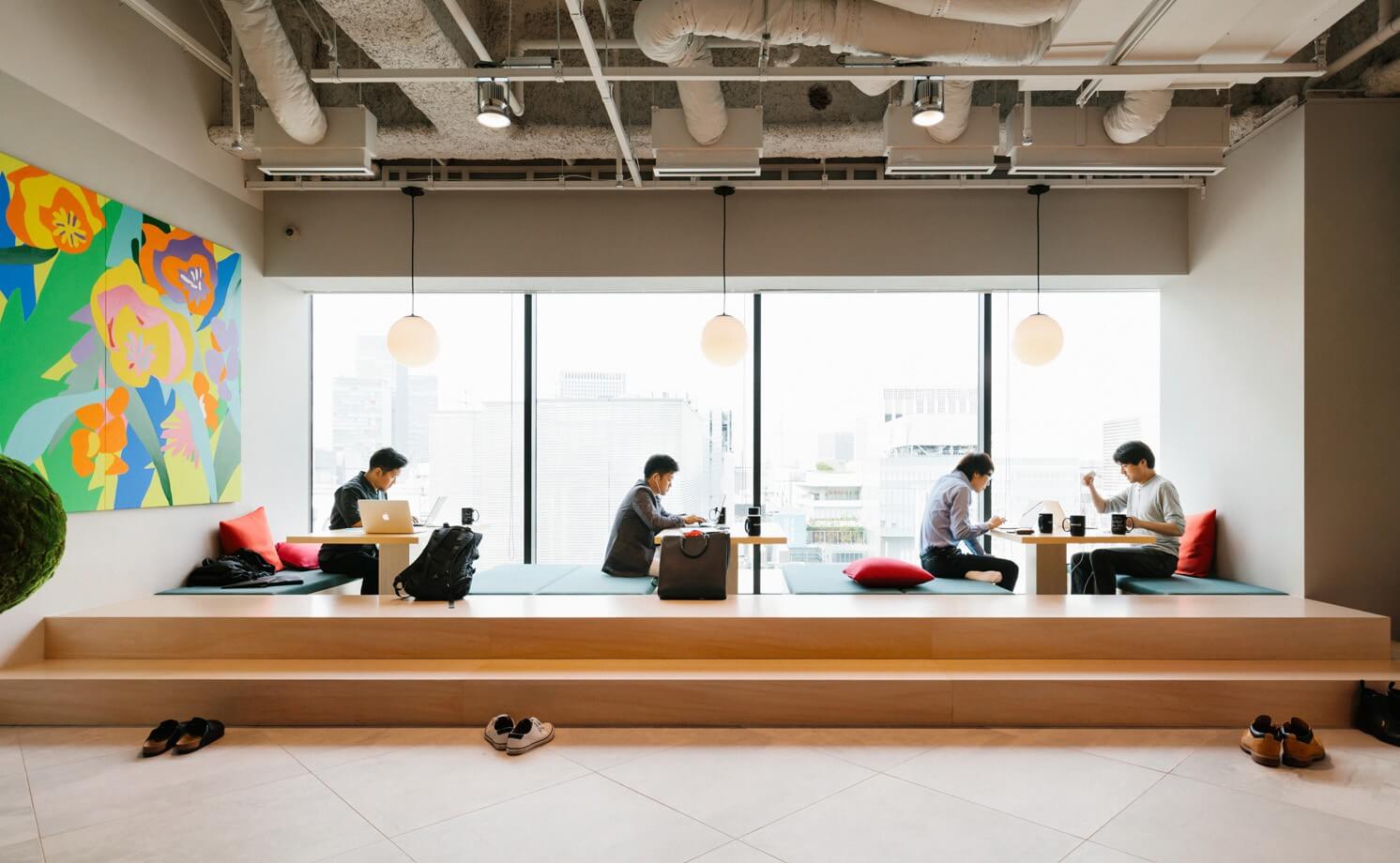
Co-working: fashionable or fundamental?
More and more occupiers are sitting in co-working spaces, but opinion remains divided on how much the latest incarnation of the office offers.
In China, for example, Savills research shows the number of new co-working locations opened by national and international operators in the nine months to September was more than 200, quadrupling in three years. In China 27 major operators (not counting local firms) now have more than 630 locations in more than 40 cities.
Many of the arguments related to co-working relate to the valuation of WeWork: a new investment of $3bn from Softbank is said to value the company at $45bn. In comparison, IWG plc, which owns the Spaces co-working and Regus serviced offices brand, has a market capitalisation of $2.7bn. However, even if WeWork is fantastically overvalued, it does not necessarily invalidate the co-working concept.
It is also hard to disentangle co-working from other flexible workspace models. Overall, data suggests the momentum of flexible workspace is unstoppable. A survey of 18,000 flexible workspace tenants in 96 countries, carried out by IWG this year found 89% believe flexible workspace helps their company grow and 89% said it optimised their costs.
The survey also found that companies are increasingly opting for pay-as-you go services. “This is a trend that is not just related to workspace or real estate. It applies generally across all non-core businesses activities,” the report says. This is not just true of businesses; the move towards sharing (or more accurately renting) is widespread: Uber for transport, AirBnB for lodging, Spotify for music.
This trend suggests flexible workspace is here to stay, although there is an important differentiator in Asia. Many Asian companies see owner-occupied space as both a secure investment and insurance against rising rents. Firms which buy strata office space would seem less likely to take desks in co-working facilities.
Christian Mancini, chief executive of Savills Asia Pacific (ex-Greater China), says: “It is clear that occupiers want flexibility, but that does not necessarily mean flexible workspace; for some companies owning their own office gives them the flexibility to use the space as they need and a valuable investment.
So what difference does the collaborative aspect of co-working make? Turochas Fuad, managing director South East Asia at WeWork, says: “We go to great lengths to create communities – at the building, city, and country level. WeWork is fast transforming open spaces, which enables big companies to engage with future talent, interact directly with customers and to build a culture that is more aligned with what the workforce of the future wants.
“According to our WeWork London Economic Impact Report , in London, 81% of members say that their productivity has improved since joining.”
Fuad also argues WeWork creates benefits for its landlords and the surrounding area. “Buildings with a WeWork generally achieve higher rents, allow landlords to expand their tenant pool, and support increases in real estate values,” he says.
WeWork’s Weihai Road location in Shanghai was a former opium factory which had been unoccupied for 10 years previously. Since WeWork opened in 2016, with 1,300 desks, “Weihai Road has witnessed new shops and restaurants opening up again, and rejuvenation of the neighbourhood,” says Fuad.
However, the importance of property fundamentals has not disappeared. As one private equity real estate investor says: “They way we look at it is, if your building is good enough you will be OK. If WeWork or another co-working brand is your tenant and fails, you’ll be OK with a good building and not with a poor one. And you will get their fit-out too! However, if the co-working operator is your only tenant, it’s a bit dicier. Having them in 20-30% of the building makes more sense.”
WeWork is eight years old and – like the co-working concept – has not been tested by recession. The model of taking on long lease commitments in return for short income streams has proven vulnerable before. Regus filed for Chapter 11 bankruptcy protection in 2003 after the bursting of the dotcom bubble led to shrinking tenant numbers.
Mancini says: “A diverse tenant mix is important in reducing risk for real estate investors and co-working operators may form part of this but a range of occupiers and tenancies is the most secure option. Diversification of office lease types is also a sensible option for larger occupiers.”
Contact Us:
Christian Mancini



